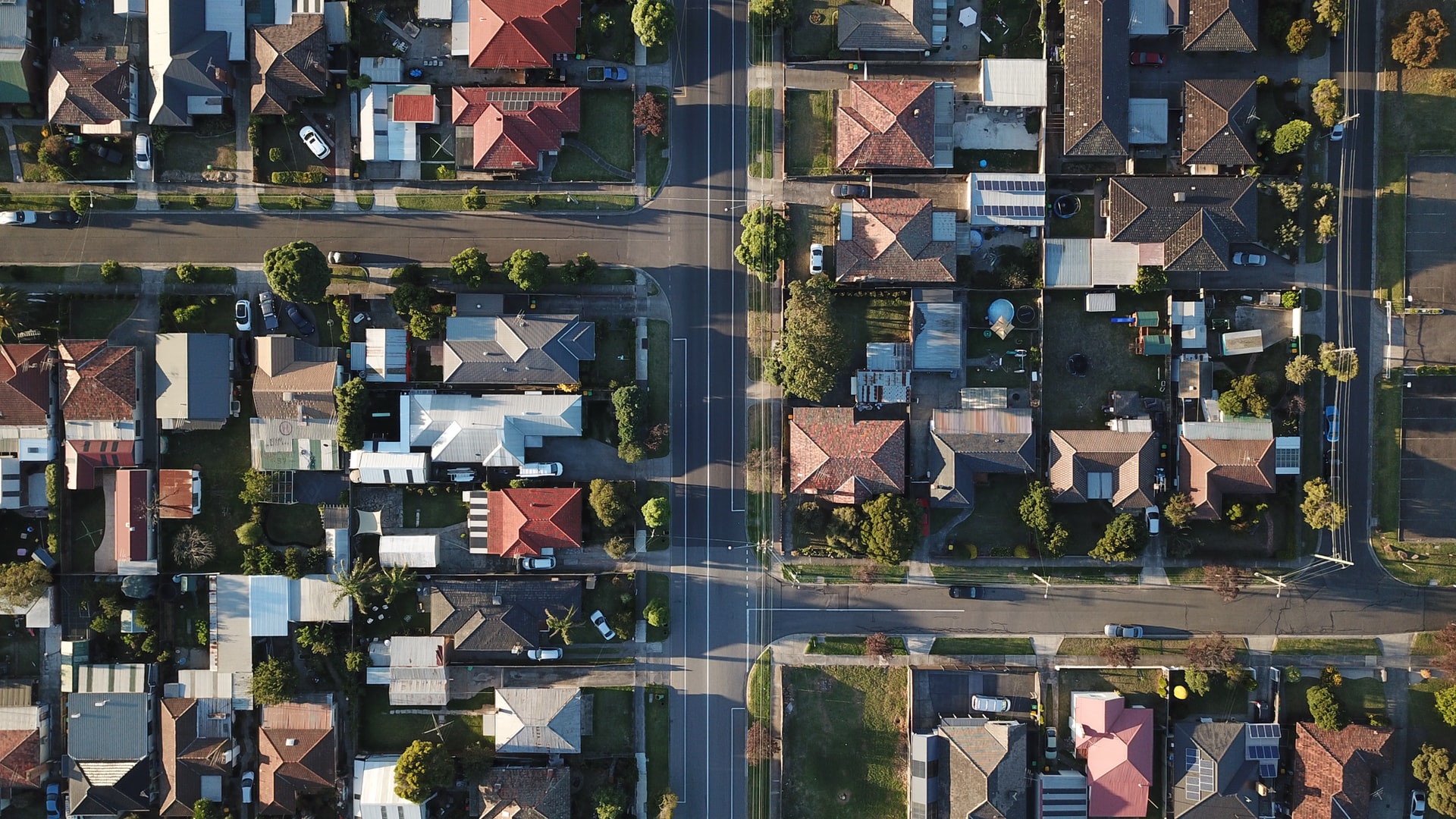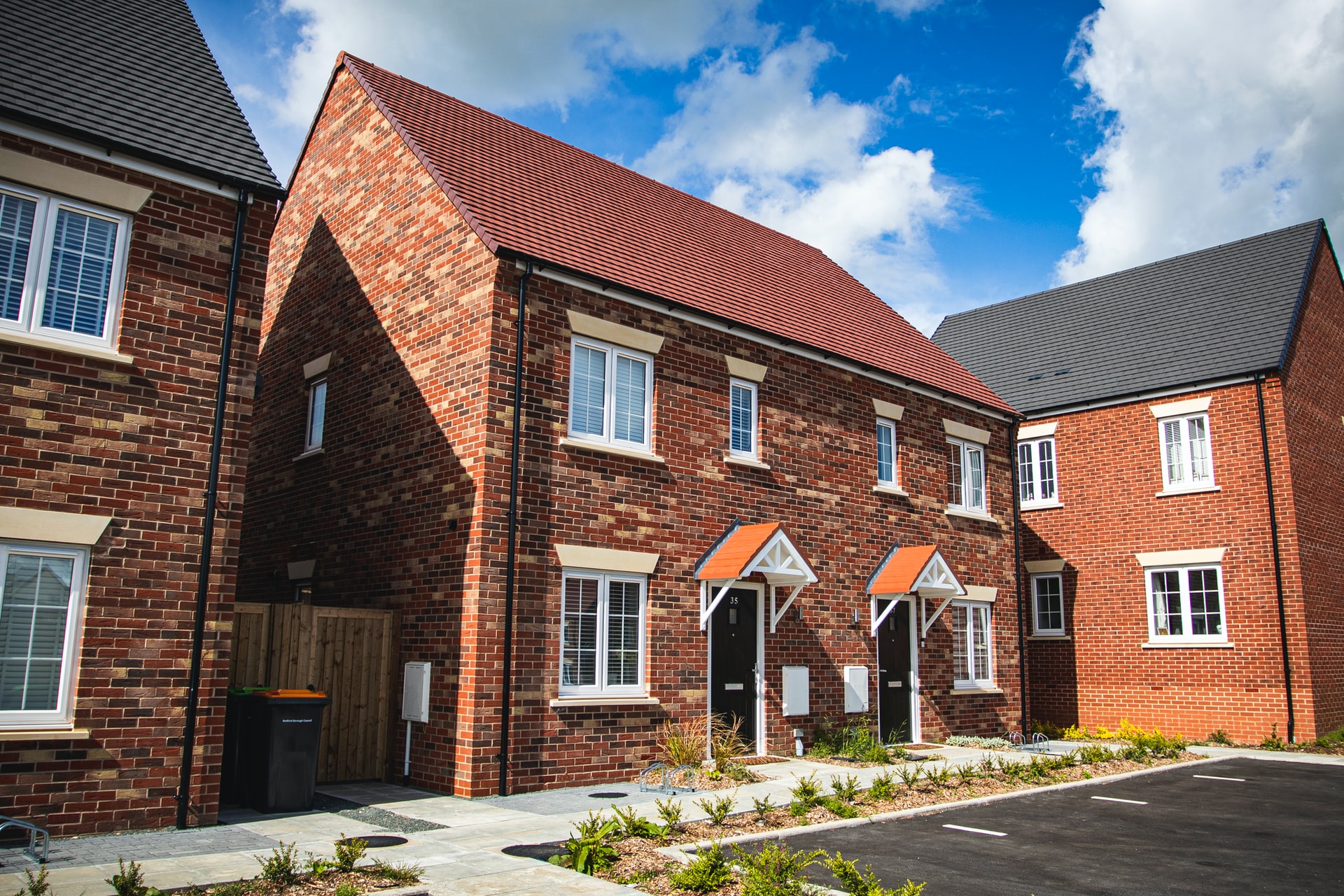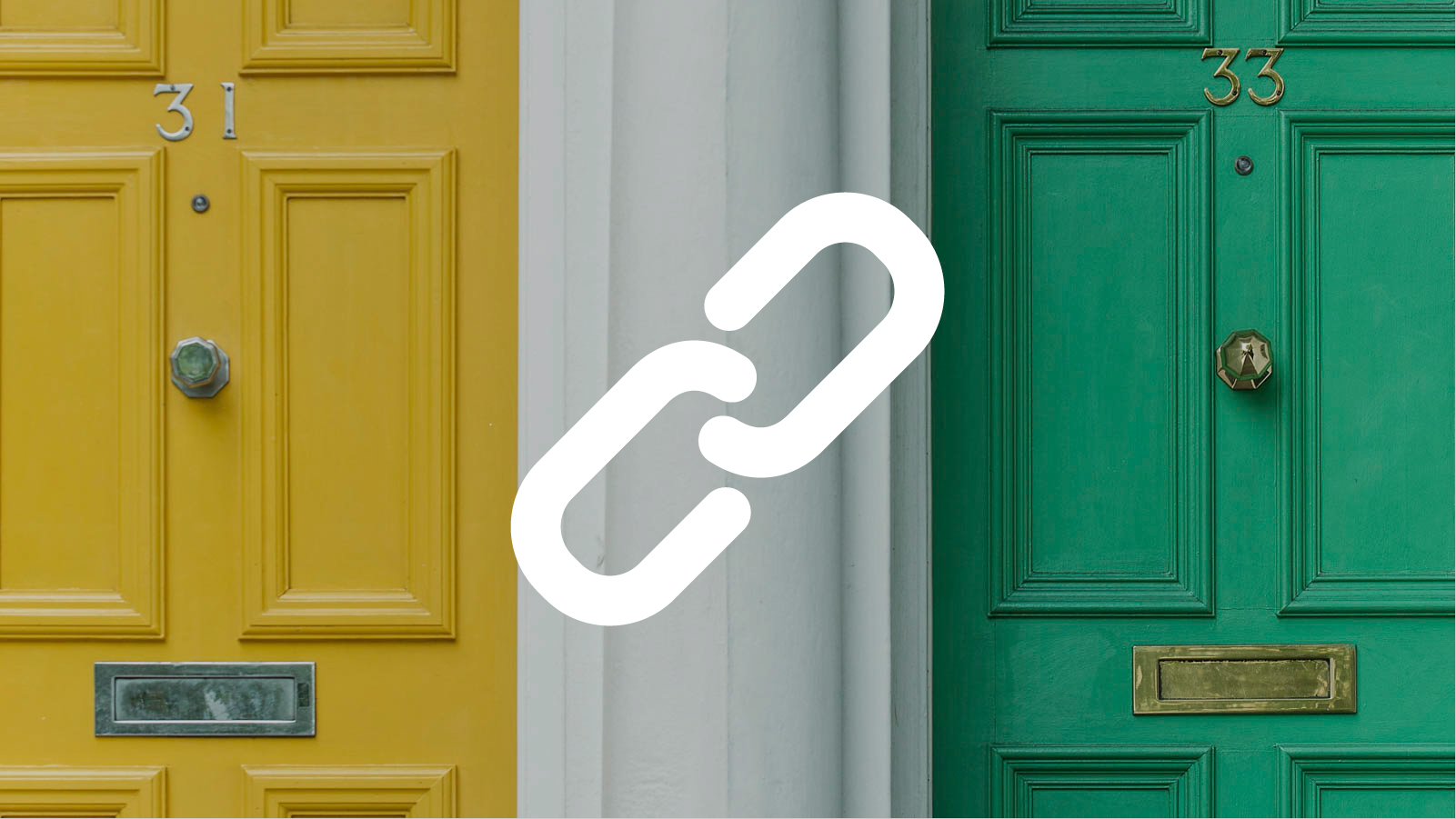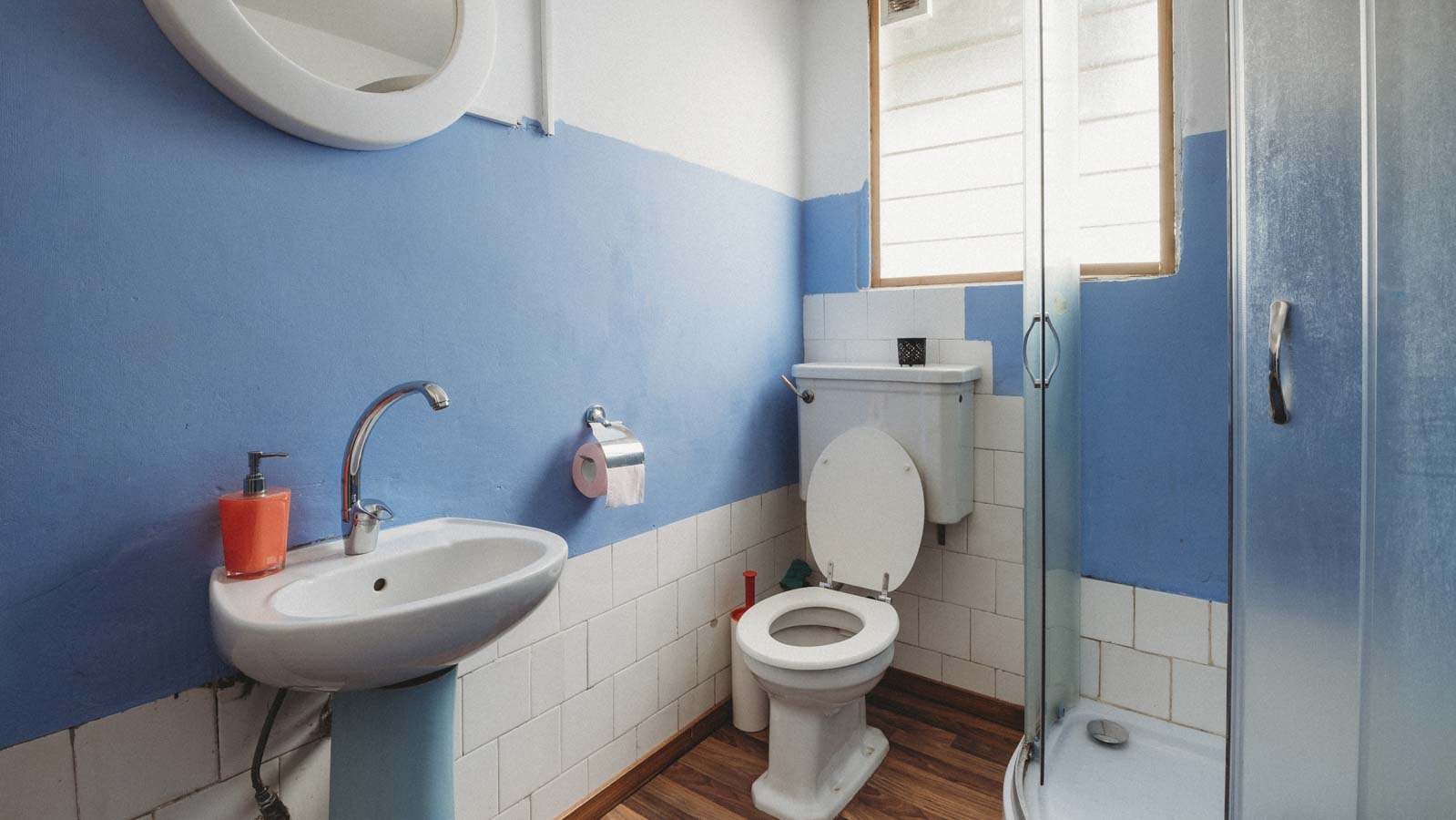Essential information for groups when considering property investment
When it comes to finding a property for a refugee family, it can feel like an insurmountable obstacle to overcome given the lack of affordable housing in the UK. We’ve seen how groups have been creative in meeting this housing challenge; some are able to find compassionate landlords who are willing to rent below the market value and others develop relationships with local housing associations. One emerging trend among Community Sponsorship groups, for those who are in a position to do so, is to invest in a property. This means groups collectively purchasing a property to welcome a refugee family into, creating their own affordable housing.
This is not a route for all groups, but for those who have the financial means to do so. But with this approach comes a whole host of questions – How do we purchase a property? What are the legal implications? How much money do I or other group members have to put in?
Well, we thought who better to give the answers to these questions than John Pickersgill, from the Godmanchester Community Sponsorship group, and Ed Walker, Founder of Hope into Action UK – a charity working with church groups in order to find and help them purchase housing to home vulnerable families. John, and the Community Sponsorship group he’s a part of, worked with Hope into Action to find and invest in a property, which they happily welcomed a family into.
In the below interview with John and Ed, they talk us through what it means to invest in accommodation as a Community Sponsorship group, and the role Hope into Action played in making this an easier and more reassuring process for them. We are immensely grateful to them for sharing their knowledge and expertise with us, and we hope this resource provides Community Sponsorship groups with the essential information they need when considering investing in a property.
Why did you decide to invest in a property?
John: We are a small, local Baptist Church in a small town in Huntingdonshire. And we decided in 2016 that we wanted to investigate helping refugee families to be relocated. And part of that was to submit an application to the Home Office for approval. They asked lots of questions about the things that we would do to accommodate a family. And one of the areas to cover was housing. So, we had to decide how we would provide that property. We looked at several options that were available; we looked at social housing. But the local authority was not keen on using social housing stock for refugees when there’s a local housing shortage. We obviously needed the local authority to be on board because they have to agree to the project in the submission to the Home Office. Also, we didn’t think it was a good idea to use social housing as there was also the possibility of negative publicity, in case the media presented it as ‘queue-jumping refugees’ who were taking the space of the locals who were on the housing list.
So, we then thought about private rental, but the trouble with private rental is that rents tend to be typically higher than in social housing, as the social housing rents would usually be capped at the local housing allowance. But the private rents are not capped so they charge a higher rent. The Universal Credit that the refugees would receive will only pay up to the local housing allowance, and there would be a shortfall which would have to be made up by the project. There’s also the problem that many private landlords won’t take anybody who is on Universal Credit, as they’d like people to be in employment and have a high income.
So having discounted renting, the only other option seemed to be to buy a house. And we didn’t have anybody who had a house available. So, we were going to have to find one, somehow. And the means that we chose to do that was to work with a local charity that we were aware of, Hope into Action. And that’s entailed a group of us from the church investing in a property.
Ed: Really what we, at Hope into Action, try to do is to encourage people to share their wealth with the vulnerable. Broadly speaking, anyone that’s got money in a bank account, is sharing their wealth with the rich because bank managers take that money, make more money on it, and then give you a tiny slice of the money they make on it. So instead of that, what we’re saying is if you’ve got, for example, £5,000 or any amount above that, why don’t you share that with the vulnerable or poor? How would you do that? Well, you would invest in a house, we would help you buy the house, and you would own that percentage of the house that you’ve bought. Many of our investors buy a house outright.
At that point, having bought it, you lease it to Hope into Action and we run the house for you for five years. After five years, you can sell the house at the new market value. And in the meantime, your wealth has enabled the poor, or refugees, or the homeless, to have a secure safe home. And we do every single home in partnership with a local church who provide really valuable relational support, journeying with the tenants through their recovery of whatever the challenges are.
What has the process been like for you as a Community Sponsorship group?
John: It took six and a half months from us seeing a house to occupation. But the process started even earlier than that because we got pledges from people within the church. Some were a bit more distant from the church, but they all had some connection to our church. And we had 16 investors, some were individuals, and some were couples who pledged to invest between £8,200 and £39,999. The total pledged was just under £300,000, and that meant we could go out and look for a house.
Three of those investors, they were designated as Trustees for the group. And they were the ones who had legal ownership in the conveyancing. And one of them acts as the Treasurer for the group and handles the money through an account in her name. So, when we did find a house that was for sale and that we wanted to buy, we had help from Hope into Action and advice as to whether this was a suitable house. The conveyancing was done through a solicitor who had used the Hope into Action model before, so it wasn’t new to them, even though it seemed quite complicated to have 16 couples or individuals buying one house!
Once it was purchased, the house was refurbished to standards that are set by Hope into Action standards for houses of multiple occupancy, even though we were putting in a family. We still went over and above the standards that were required. And that refurbishment was at the cost of the investors, it was part of the investment. We then were able to source furniture and soft furnishings and utensils and things like that. Some of it was donated by people within the church, and some of it was bought with money that was donated by people in the church. We’re blessed with over £17,000 in donations and Gift Aid to resource the project. That was not just used in equipping the house, but the ongoing costs of looking after the family and providing English lessons, childcare while the parents were having their English lessons, preparation for employment, driving lessons, a whole host of other things. And that money has been well spent over the last two and a half years since the family arrived.
What concerns or challenges did you face when considering investment?
John: I think the first one was the time it took. Maybe we had unrealistic expectations, but as I said before, it was six and a half months from when we first saw the house to when we could welcome a family. And part of that delay was to do with the conveyancing. I’m sure everybody who’s buying a house will always think that the solicitors should be working faster. And the refurbishment took time as well, and we were having to wait for builders. We did manage to take a bit of a shortcut with the help of Hope into Action. Obviously, the Hope into Action staff who would normally oversee a refurbishment had other projects on the go. We were fortunate that we had somebody in the core team who was experienced at doing things like this, and Hope into Action allowed him to be a project manager for our particular project, which did speed it up a little bit.
Another concern that we had was around the role of the Trustees of the investors. There’s a lot of trust being put in them; they are three independent people who are named on the conveyance as owners on behalf of the 16 investors. And one of them is the Treasurer. We did try to get a bank account in the name of all three Trustees, with two of them to make any transactions. But it proved impossible to do that as the banks just won’t let three non-related people who are not part of an established organisation set up a bank account. So, we had to allow just one of the Trustee’s to set up an account in her own name. We obviously trust that person implicitly. But for the sake of being seen to be doing things properly we would have preferred that everything was a bit more secure, but there have been no problems. Some of the projects I’m aware of put the investment funds through the church accounts, but our Treasurer was not happy to do that because he was concerned that this return on an investment being passed on to the investors was not charitable. It was therefore outside the charitable objectives of the church and could have been challenged and compromised the charitable work of the church. So that’s why we didn’t go down that route.
On the plus side, the church Trustees were very happy not to be taking on the legal responsibilities as landlord, in which they have no experience. So, they were very happy that Hope into Action was acting as the landlord in this case. The church was providing some of the pastoral support to the family as we were contracted to do in our agreement with the Home Office. We valued the experience of Hope into Action, as they bought that into the house purchase process. So, we’re very happy with those things.
What are some of the key things to remember when investing in a property?
Ed: Good question! When you invest with Hope into Action, we have quality controls and safeguards to make sure that the house will be a sound investment. We never try to predict what’s going to happen with the housing markets. But when you bid on a property for us, we generally go for two to three bedroom properties, or perhaps four if it’s for a family. The key thing is to get a survey done before we go to purchase, and that will be a strong homebuyer survey. That then comes to our desk, and our Head of Operations reviews it. It’s not uncommon for us to turn away houses at that point, if we think it’s not a sound investment. And then the key thing, once the house is in, is to make sure you manage it well. Again, with Hope into Action, we manage all the key landlord regulations, anything from gas certificates to ensuring the place has got fire risk assessments, and so on. If you choose to do this with us, we would manage that for you and safeguard that investment. If you’re not going with Hope into Action, then it’s worth getting good advice on what a sound investment will be.
John: One other thing to remember is that the investments from any individual should be less than £40,000. And that’s why the highest figure for any of our investors was £39,999. That’s to avoid an increase in stamp duty. On the house that we bought, we paid £3,900 in stamp duty. But if any one of the investors had invested more than £40,000, and they already had a property, then this would be counted as a secondary property and the stamp duty would have been £12,240. So, a huge increase. That is worth bearing in mind.
What has the experience been of the Community Sponsorship group and Hope into Action working together?
John: We’ve had a very positive experience of working with Hope into Action. We’ve appreciated their knowledge and experience in the purchase of the property, in the conveyancing, in the refurbishment and in acting as landlords for the property. I know in many of their projects they’re much more hands on with the tenants, which probably wasn’t necessary in our case because of the agreement that we have with the Home Office to provide support. But even so, the empowerment workers from Hope into Action have been available and have been able to support our own people where that’s been needed. So yes, we’re very glad that we went with Hope into Action to provide the house.
And I’m sure that in our particular circumstances, had we tried to go down the rental route, the project would not have got off the ground because the district council might not have supported it. It was when we presented our model to representatives from the district council that their attitude changed completely, and quite demonstrably. They suddenly went from wanting to say ‘no’ to our project to saying ‘oh, that’s very interesting!’. So yes, we’re very grateful for our partnership with Hope into Action.
Ed: We love working with churches. We think churches have a standing community for people with an expectation to love their neighbour and are well-motivated. We can train them up and meet a deep relational need that we all have to be in relationship. And churches can do that in a non-judgmental way with people of all faiths, and I think that’s really powerful when they do that.
I know the family that John and the group has supported are a Muslim family. If you asked that family about the role of the church in their journey from Syria to here, then I think they’d say it was absolutely key, and they’d say we probably couldn’t have done it without the church. And that’s exactly the point. It’s more than just ticking boxes or getting rent paid or housing benefit sorted. It’s about being there for them as a family, having a grandmother figure for the children, bringing presents round on birthdays, it’s those small acts of love that make a place feel like a home. And that’s vital in someone’s integration into society.
Thank you very much to John and Ed!






